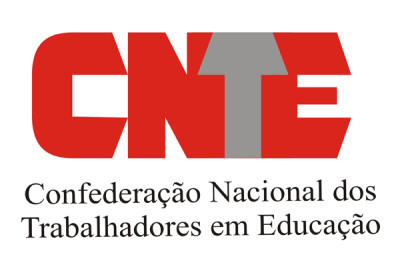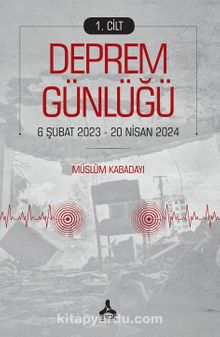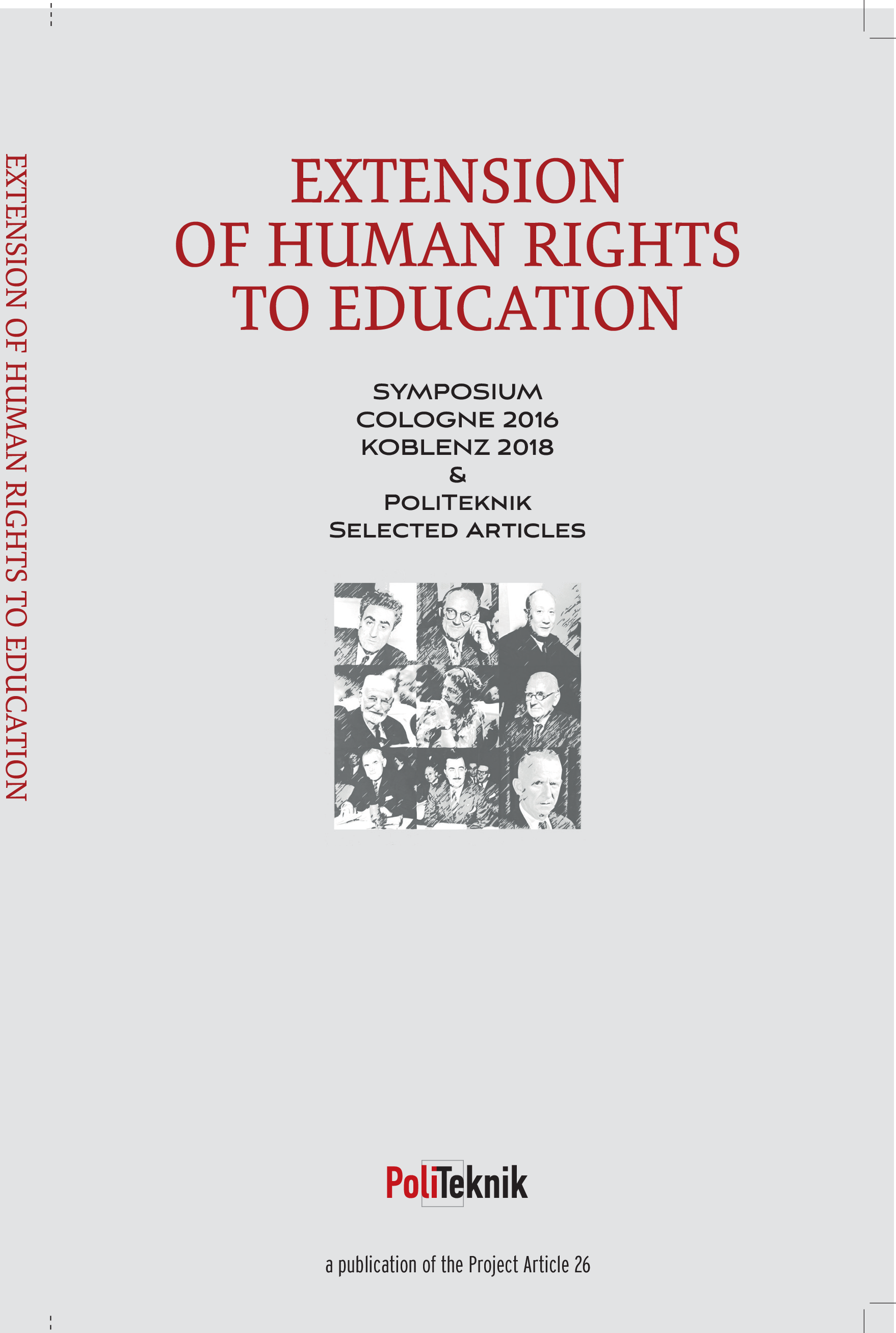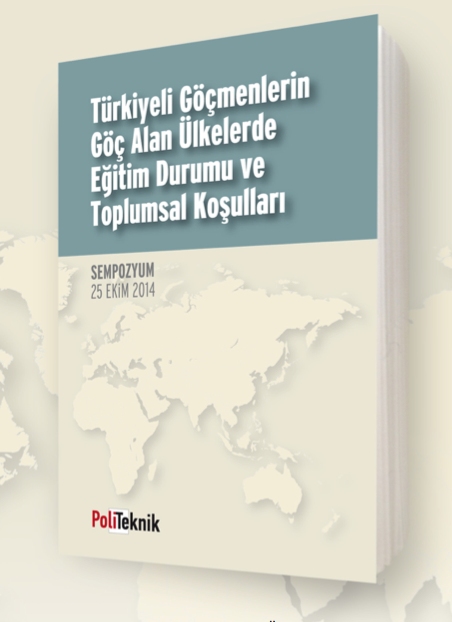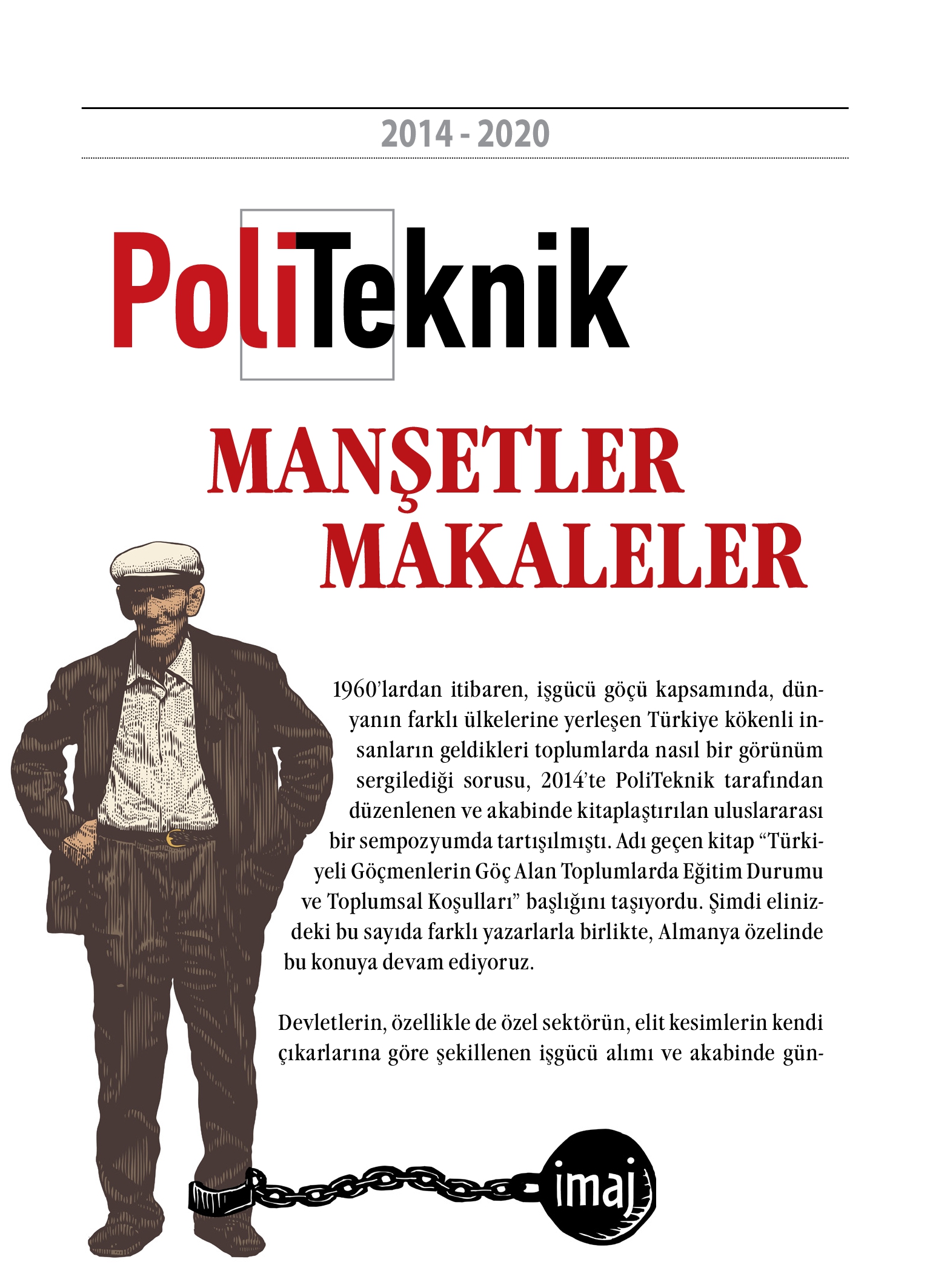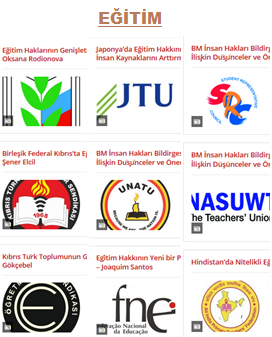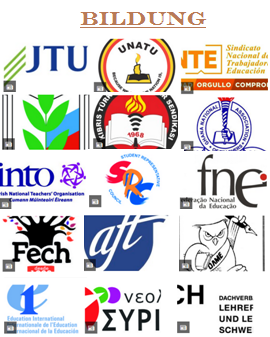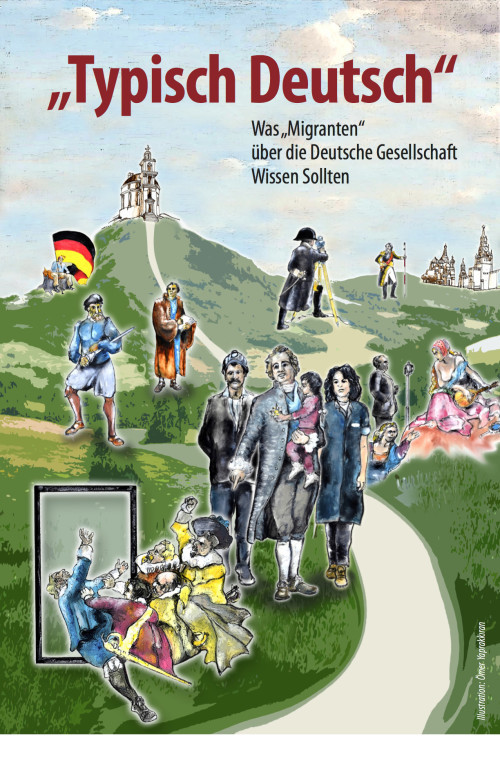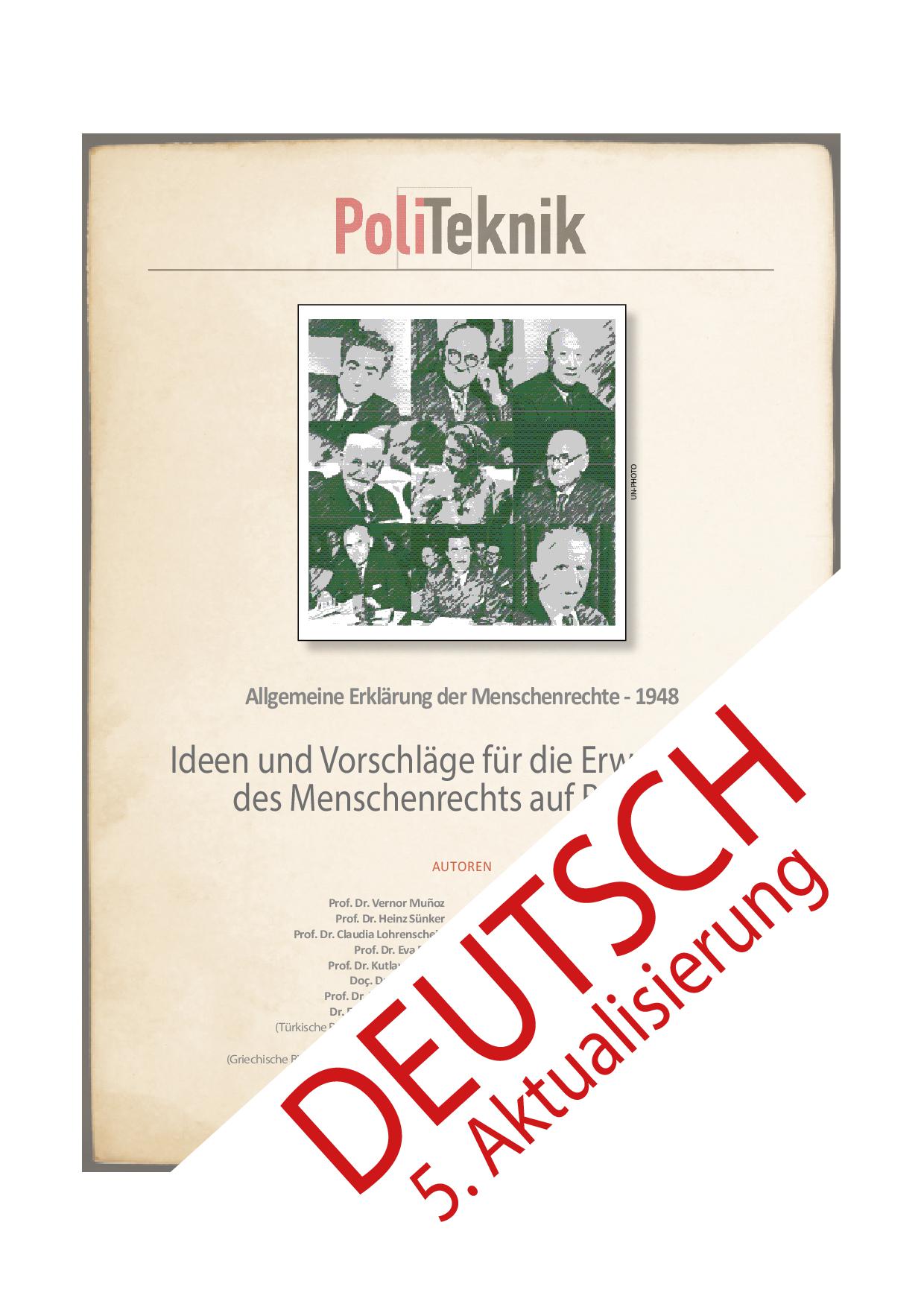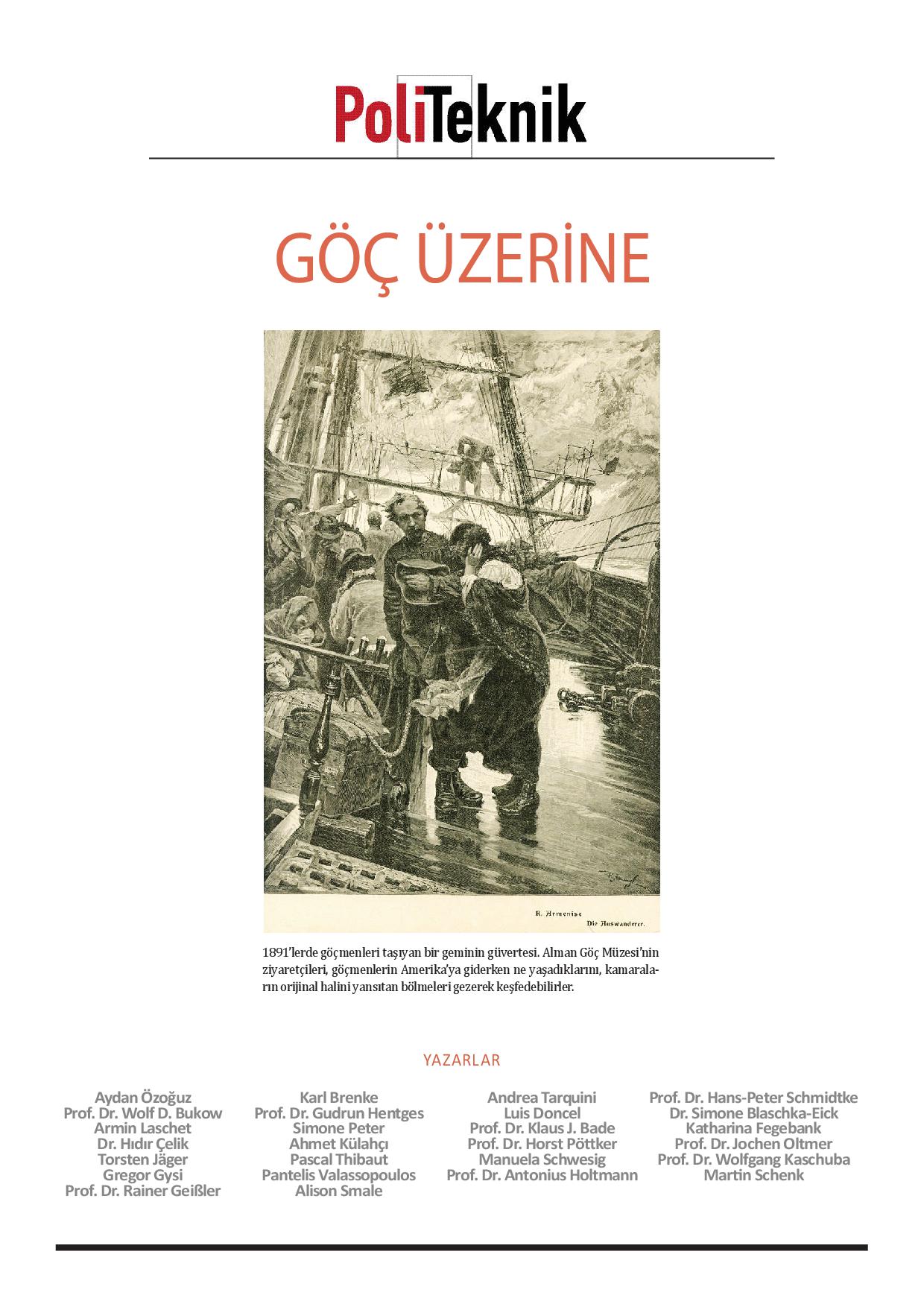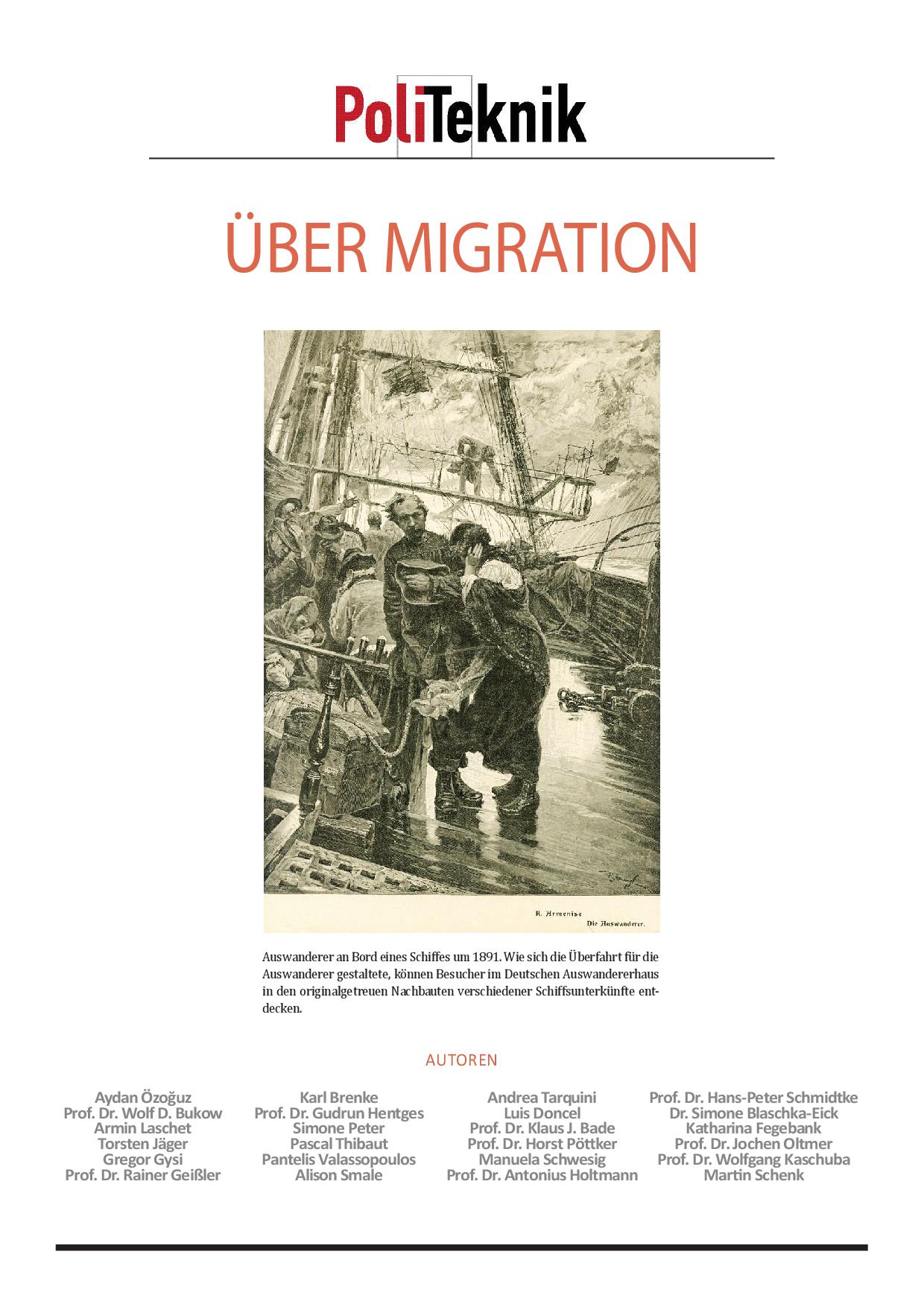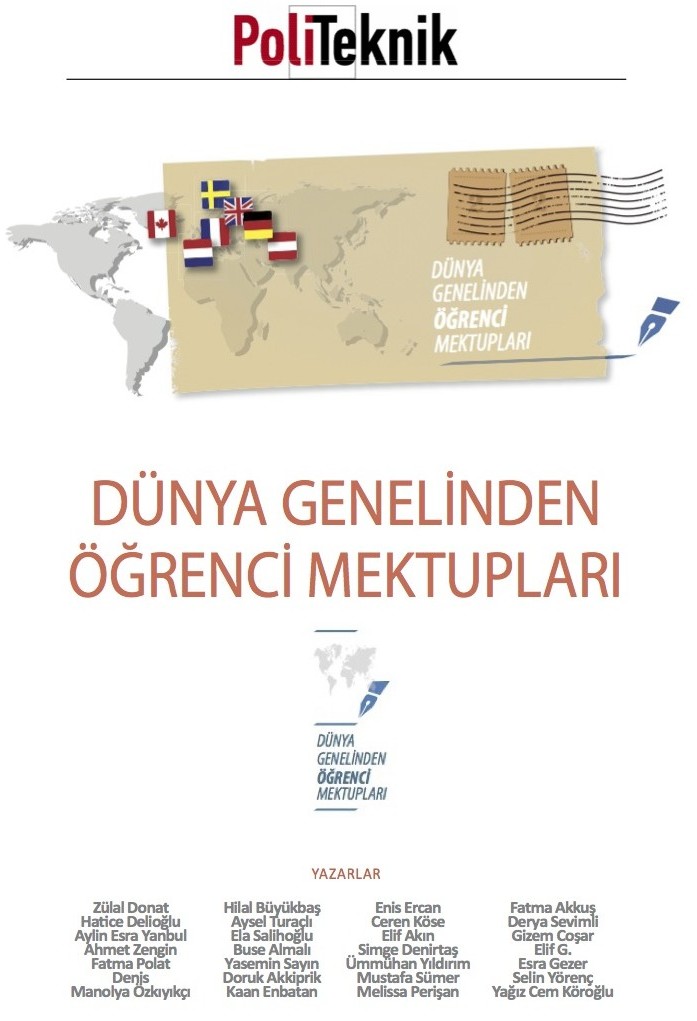Roberto Franklin de Leão
National Confederation of Workers in Education – CNTE
 As it approaches its 70th anniversary, the Universal Declaration of Human Rights plays a fundamental role in the fight for the right to education around the world. Over time, however, socioeconomic realities in some countries have changed, and the objectives of the new millennium have gone beyond the 1948 declaration.
As it approaches its 70th anniversary, the Universal Declaration of Human Rights plays a fundamental role in the fight for the right to education around the world. Over time, however, socioeconomic realities in some countries have changed, and the objectives of the new millennium have gone beyond the 1948 declaration.
The reality of the 21st century requires international bodies, as well as states, to update their aims and methods in facing the contradictions that have been unveiled throughout the history of humanity. In other words, an update of the historic Universal Declaration could become an important instrument in the struggle to broaden rights in the current historical context.
According to the terms of the UN-UDHR, everybody has the right to education, which should be free and accessible to all, regardless of age, gender, and place of origin. But what kind of education should be offered to the people? Does it meet the needs of children, adolescents, youngsters, and adults? Such questions take us beyond the universalization of school enrollment – which is very important –, and highlights one fundamental aspect: the quality of the education we have and aspire to.
In that sense, the state should not only ensure education for all, but quality education for all – in which not only students, but also teachers and school staff, should be included. This is a path that cannot be treaded if the needs, suggestions, ideas, and criticism of those who experience schooling on a daily basis are not incorporated in proposals and projects for the reformulation of education, aimed at providing peace, social inclusion, and happiness for citizens.
Ethnic, racial, sexual, and gender issues must receive greater attention. There are still countries that adopt education models which are not only different for males and females, but which also prevent women, black and mixed-race people, gypsies, indigenous people, and other ethnic groups and creeds from gaining access to education. That is incompatible with the principle of inclusion in school and community life for everyone – individuals and diverse people – with their human rights and rights to sociocultural organization respected unconditionally.
One other global reality that is incompatible with the principles of the Universal Declaration of Human Rights is the approach to education as a commodity. This may be seen in numerous international reports, such as those of the World Trade Organization and the World Bank, which clash with the principle of the right to emancipating education as stated by the UDHR, and which benefit private, commercial interests. Thus, in addition to acknowledging education as a right, the reinforcement of the UDHR conception of school education as public, free, democratic, and secular is also necessary.
In Brazil in 2009, the Federal Constitution was amended to broaden compulsory regular education for all children and youngsters between 4 and 17 years of age, with aims to progressively broaden attendance for ages 0 to 3 in school nurseries, and the education of young and adult workers, which in Brazil represents a potential to attend to approximately 80 million people who have not finished intermediate education.
However, the ongoing coup against democracy that is taking place in the country also points towards increasingly uncertain times for education, with the above and other public policies suffering ideological and budgetary attacks under the neoliberal mantra. The projects that aim to implement the “Party-free School” (a true “gag law” for teaching) and the cap on public spending follow the same line of viewing schools as being inert. In fact, what they intend is the end of public education as it has been conceived – a place for broad thinking which discusses not only school curriculum subjects, but also the human being in its complete form – social, political, economic, cultural, sexual. There is no will to discuss school evasion, racial prejudice, gender violence, or economic inequality. And this does not favor the construction of strong, democratic schooling.
School democratization, with extensive participation of the local community in establishing the curriculum and in the choice of school directors, is a fundamental issue that makes a decisive contribution towards quality in education. Research by the Brazilian Ministry of Education show that those schools that prioritize the participation of their communities in administrative and pedagogical decisions, observing the role professionals play in education, achieve higher evaluation percentages in the Basic Education Development Index – one of the national school evaluation criteria.
Also not to be overlooked is that the right to education also implies the right to health, adequate nutrition, work, dignity, tolerance, and diversity. The Universal Declaration of Human Rights holds a holistic concept of human nature – we are free beings, socially capable of making shared decisions and contributing to the well-being of everyone. The school we aspire to cannot be different. Beyond the right to quality education, we have a duty to construct it.
Lastly, when considering education, we have to consider the education professionals – teachers, pedagogical support team, and school administration employees. The target of broadening universal access and improving quality in education also includes a guarantee that those professionals are valued.
By being valued, we do not refer to salaries only – although this is a core issue, since in most of the countries researched by the OECD, the average salary of teachers is well below that of other professionals who hold the same level of education, and in Brazil the difference is to the order of around 50%. But it is important that the UDHR incorporates, and that states implement, early and continued teacher training, democratic management of education, and per capita student investment that is compatible with the physical and pedagogical needs of the schools and student learning. Indeed, the understanding of such a broad, systemic dimension of education is important for countries to meet the needs of this millennium, to fight the countless inequalities surrounding schooling for different sociocultural, ethnic, and racial groups, and to prevent education from being treated as a commodity.
We believe that revisions to the UDHR along the lines of what has been proposed above, and anything that may be added to it, are fundamental for the broadening of the social struggle for public, free, democratic, secular, and quality education for every person, and will also allow for the advancement of social conquests all over the world, since education and human rights form a symbiosis and are essential for the development of nations and the fulfillment of people within their individuality and their social groups.
Roberto Franklin de Leão
President of Confederação Nacional dos Trabalhadores em Educação – CNTE/Brasil and International Education Global Vice-President

